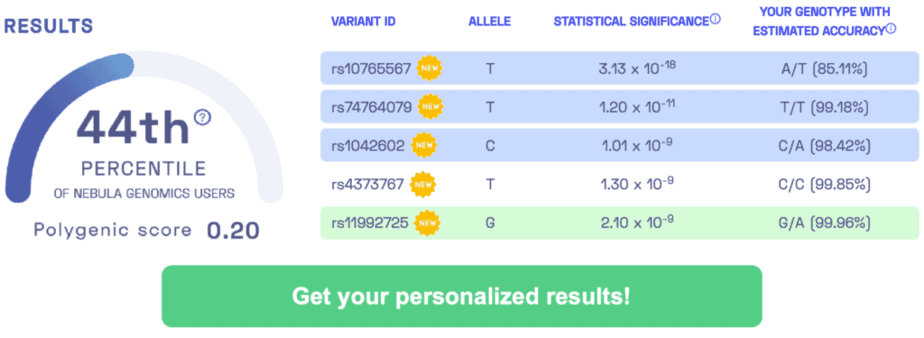STUDY TITLE: A genome-wide association study identifies three new risk loci for Kawasaki disease
SUMMARY: Identification of 3 genetic variants associated with Kawasaki disease, which causes inflammation and swelling of blood vessels.
OVERVIEW: Kawasaki disease is characterized by sudden inflammation and swelling of blood vessels throughout the body that typically persists for several days. It primarily affects children under the age of 5, but cases of the disease in adults have also been described. A typical symptom of the disease is redness that affects various parts of the body including eyes, tongue, and skin. Kawasaki disease is common in parts of East Asia, particularly Japan. By examining almost 4,000 children of Japanese ancestry, this genome-wide association study identified 3 genetic variants associated with the disease. Two of these genetic variants are within genomic regions previously associated with autoimmune diseases, such as rheumatoid arthritis and systemic lupus erythematosus.
DID YOU KNOW? For children in the United States, Kawasaki disease is the leading cause of acquired heart disease. [SOURCE]
SAMPLE RESULTS: Learn more about the Nebula Research Library.

KAWASAKI DISEASE-ASSOCIATED VARIANTS: rs2254546, rs2857151, rs4813003
ADDITIONAL RESOURCES:
What is Kawasaki disease? (Video)
Kawasaki Disease
WEEKLY UPDATE: January 23, 2020
